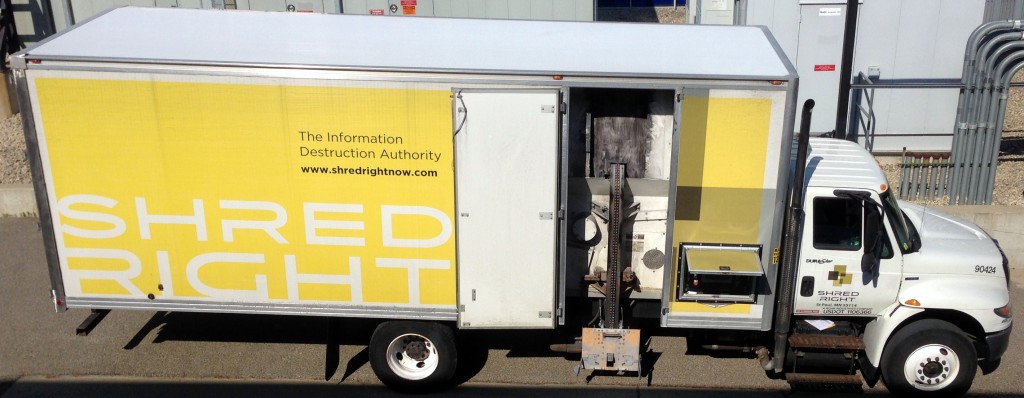Two months ago, I was reassigned from leading a large design project to instead focus on a subset of that same design project. I called it a demotion, others just viewed it as a shift. For me it was painful. I let it get to me personally.
This is what I wrote to capture my state of mind:
~~~~~~~~~~~~~~~~~~~~~~~~
Sometimes the rock star doesn’t feel washed up.
He feels he has years of ground-breaking creativity left.
But the record company drops him in favor of new talent.
His band mates don’t understand what happened.
He certainly doesn’t understand what happened.
All he knows is he’s got this pent up energy to be creative…be productive…be valued…
…and he’s not being given the opportunity.
At best he’s been offered to play rhythm guitar in the new guy’s band
What does that rock star do?
~~~~~~~~~~~~~~~~~~~~~~~~
…and that’s where I ended it. I didn’t know what to do. I was in a fairly deep valley.
Then, I sought guidance from a former mentor. She provided three things that were extremely helpful:
Empathy, Support, and a Kick-in-the-butt
In one week, she offered:
- Empathy that what I was feeling was real, and that it was not just a made-up circumstance.
- Support in options, opportunities, and approaches to overcome
- A kick-in-the-butt that I need to get over myself and start killing it again.
What a great combination. Turns out that at least for me I need to know that someone has my back…someone is supportive and cares about my well-being. At the same time, I also need a challenge.
Now, I think I have an answer to the washed-up rock star:
~~~~~~~~~~~~~~~~~~~
…What does that rock star do?
He keeps rockin’ it.
He keeps being creative.
He stays curious. Always learning.
If the new guy was put in charge, it’s for a reason. Observe why…it’s most likely an area you can get better at.
Learn, improve, adapt.
He uses his strengths to compliment the new guy all the while adding new strengths.
Before long, the record label notices…or, a new record label notices with better residuals.
Before long, he’s valued, rockin’, and more creative than ever.
~~~~~~~~~~~~~~~~~~~
Do I know how this is going to finish? Nope.
Am I taking the opportunity to improve, learn, stay curious? Yep.
Above all, I’m taking the long view, that this is just one small piece of my adventure-filled life, and if I remember to learn from both failures and successes, I’ll have a greater, more rewarding, more fun journey that can take me to stadiums to rock out in that I haven’t even dreamed of before.
Here’s to 2015.
Lets Rock It.

